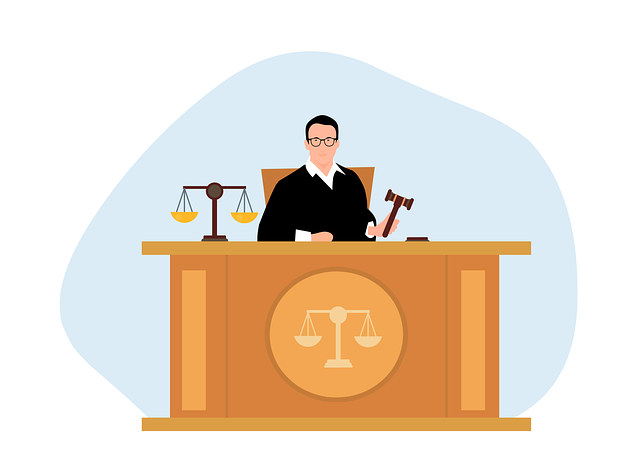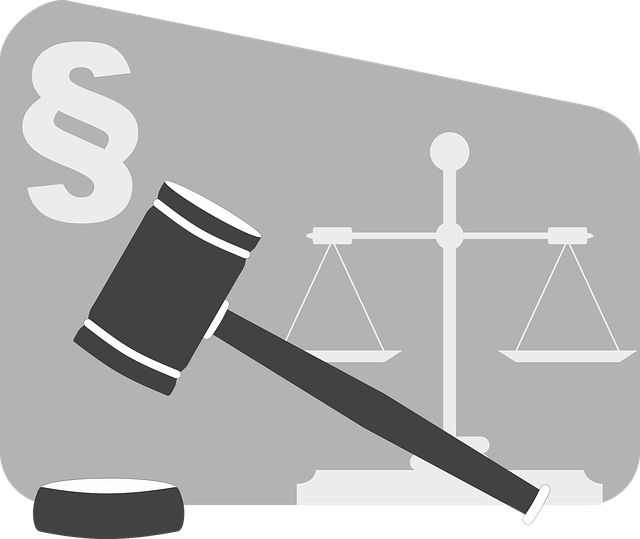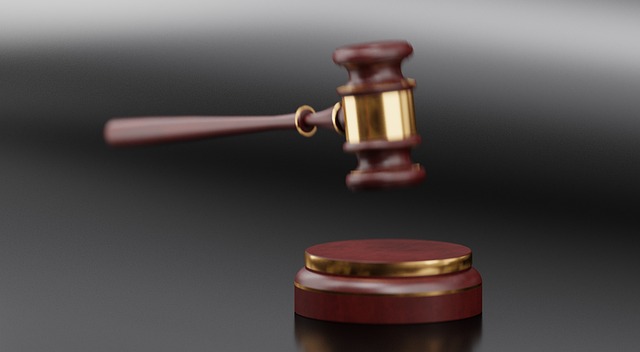Navigating regulatory compliance in criminal cases is crucial for positive outcomes, especially in high-stakes scenarios. Missteps can lead to severe repercussions like overturned convictions or penalties for non-compliance. When filing an appeal, understanding these complexities is paramount. Legal teams must meticulously review evidence, procedures, and trial decisions to identify potential violations, crafting well-structured appeals within strict deadlines to increase the likelihood of favorable outcomes. Meticulous record-keeping, comprehensive legal analysis, and specific factual references are essential for building robust appeals that could lead to extraordinary outcomes.
Navigating regulatory compliance issues in criminal cases is crucial for ensuring fairness and due process. This comprehensive guide delves into the intricacies of understanding regulatory non-compliance, providing a step-by-step approach to identify potential problems. We explore legal rights and appeal processes for defendants, highlighting common mistakes to avoid during filing. Ultimately, we offer effective strategies for a successful appeal, guiding folks through the labyrinthine process of How to File an Appeal in a Criminal Case.
- Understanding Regulatory Compliance Issues in Criminal Cases
- Identifying Potential Non-Compliance: A Step-by-Step Guide
- Legal Rights and Appeal Process for Defendants
- Common Mistakes to Avoid During the Appeal Filing
- Effective Strategies for a Successful Regulatory Compliance Appeal
Understanding Regulatory Compliance Issues in Criminal Cases

Navigating Regulatory Compliance Issues in criminal cases is paramount for achieving extraordinary results, especially in high-stakes situations that span all stages of the investigative and enforcement process. Ensuring adherence to regulations not only safeguards the integrity of the legal system but also protects the rights of both the accused and victims. Missteps at any point can lead to severe consequences, including the possibility of a conviction being overturned or substantial penalties for non-compliance.
Understanding these complexities is crucial when considering how to file an appeal in a criminal case. Appeals require meticulous attention to detail and a deep knowledge of applicable laws and regulations. Legal teams must carefully review evidence, procedures, and decisions made throughout the trial process to identify potential regulatory violations. By addressing these issues effectively, attorneys can strengthen their appeals and increase the chances of favorable outcomes for their clients.
Identifying Potential Non-Compliance: A Step-by-Step Guide

Identifying potential non-compliance is a critical step for any organisation, especially in high-stakes cases like jury trials or navigating complex regulatory environments. It’s akin to how one might approach filing an appeal in a criminal case—a meticulous process that demands precision and thoroughness. The first step is to conduct a comprehensive review of all relevant laws, regulations, and industry standards applicable to your operations. This involves understanding the rules inside and out, ensuring every aspect of your business practices aligns with them.
Next, conduct internal audits and assessments to pinpoint areas where non-compliance might occur. Look for gaps in policies, procedures, or training that could lead to mistakes or intentional violations. It’s crucial to involve key stakeholders, including legal experts, compliance officers, and industry specialists, who can provide valuable insights. By combining these efforts, you can create a robust system to avoid indictment and mitigate risks associated with non-compliance, particularly in the complex landscape of regulatory affairs.
Legal Rights and Appeal Process for Defendants

In any criminal case, be it involving white-collar or economic crimes, defendants have legal rights that protect them throughout all stages of the investigative and enforcement process. One crucial aspect of these rights is the ability to appeal a conviction if they believe their trial was unfair or if there were procedural errors. Understanding how to file an appeal in a criminal case is essential for defendants seeking to avoid indictment and ensure a just outcome.
The appeal process allows individuals to present new evidence, challenge witness testimonies, and argue against the interpretation of laws or evidence presented during their trial. It’s important to note that appeal procedures vary by jurisdiction, so defendants should consult legal professionals who specialize in criminal law for guidance tailored to their specific case. Timely filing is paramount; defendants must typically file an appeal within a set period after the initial verdict, ensuring they don’t miss opportunities to challenge their conviction and potentially achieve a more favorable outcome.
Common Mistakes to Avoid During the Appeal Filing

When navigating a criminal case and considering a course of appeal, it’s crucial to avoid common pitfalls that can weaken your argument. One such mistake is failing to meet strict procedural deadlines; appeals are time-sensitive, and any delay in filing can result in forfeiture of rights. Ensure meticulous record-keeping and adhere to the court’s guidelines for formatting and content.
Another blunder is submitting an inadequate or poorly structured appeal brief. This may include insufficient legal analysis, failure to cite relevant case law, or a lack of specific factual references. Achieving extraordinary results in jury trials often hinges on clear, compelling arguments supported by an unprecedented track record of successful appeals. Careful preparation and attention to detail are key to presenting a robust case.
Effective Strategies for a Successful Regulatory Compliance Appeal

Navigating regulatory compliance appeals requires a strategic approach, especially in complex cases like white-collar defense. When faced with non-compliance issues, an effective strategy is to challenge the underlying regulations or interpret them differently. Start by thoroughly reviewing the case and understanding the specific rules at play. Identify any inconsistencies or ambiguities that could work in your favor. A strong legal argument, backed by relevant precedents and an unprecedented track record of success, can significantly influence the appeal’s outcome.
During the appeal process, ensure clear and concise communication with all parties involved. Present your case with compelling evidence and logical reasoning. Remember that each business has unique circumstances, so tailor your approach to highlight any mitigating factors specific to your respective business operations. Stay persistent but respectful throughout the legal proceedings, as a well-presented appeal can lead to favorable outcomes, ensuring compliance without compromising business interests.
Regulatory compliance issues in criminal cases can be complex, but understanding and navigating these challenges are crucial for defendants seeking justice. By following a structured approach, outlined in this article, individuals can identify potential non-compliance, exercise their legal rights, and effectively file an appeal. Remember, staying informed and adhering to procedural guidelines are key to ensuring a fair process. Knowing common mistakes to avoid will also enhance the chances of a successful regulatory compliance appeal, ultimately leading to a positive outcome in criminal cases.






